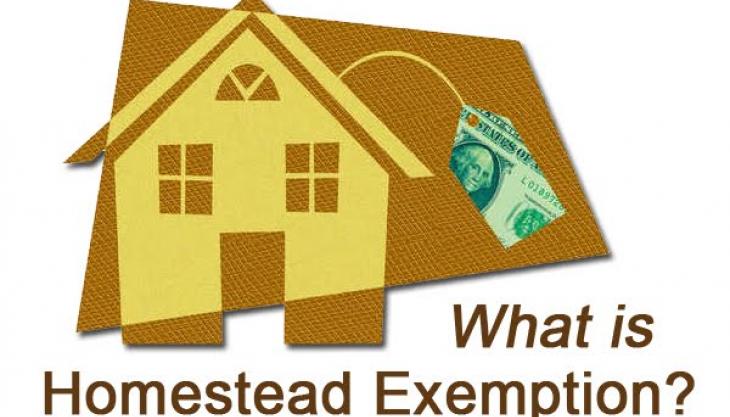What is the Homestead Exemption and How Does it Work in North Carolina?
Submitted by Jen Jones on Wed, 11/18/2009 - 1:41pm

Many people who are in debt and considering bankruptcy know that there are certain circumstances under which they can protect some part of their home's value from creditors. This is known as the “homestead exemption.” But how do you know how much of your home's value you might be able to protect?
While many bankruptcy laws are federal laws, the homestead exemption is a product of state law, so it varies from state to state. Here in North Carolina, the homestead exemption is about to increase. The state legislature has passed and the governor has signed into law an increase in the state homestead exemption which becomes effective on December 1, 2009. Any individual resident of North Carolina may retain from creditors an aggregate interest of no more than $35,000 in real or personal property used by the debtor as a residence, or in a cooperative that the debtor or a dependent of the debtor uses as a residence, or in a burial plot owned by the debtor or a dependent of the debtor. The previous maximum amount for the exemption was $18,500. Additionally, under the new law, individual North Carolina residents over the age of 65 may retain an interest of a maximum of $60,000 in such property if the property was previously owned as a tenant by the entirety (see more on this below) or as a joint tenant with right of survivorship, where the former co-owner is now deceased. To put this in plainer English, a larger homestead exemption is available to older North Carolinians who retain ownership of a property once co-owned in ways properties are usually co-owned among family members, spouses in particular.
One last way to protect one's house in North Carolina: North Carolina is a state which allows a kind of ownership known as “tenancy by the entirety.” Tenancy by the entirety means that when a married couple own a piece of property, such as a home, together, they each count as full owners of the home. Thus, if a creditor tries to seize a home owned by two people by tenancy by the entirety due to debt owed by just one of the people, the creditor cannot seize the home to satisfy the debt, because both of the home's owners are full owners, and one of them is blameless with regard to the debt in question and cannot be held responsible for the other's debt.
How this tenancy by the entirety exemption works in bankruptcy: If you and your wife own your property as tenants by the entirety, you can have an unlimited amount of equity in the property so long as you have no IRS, medical, or joint debt. But even if you do have some of these classifications of debt, your Chapter 13 plan will only need to pay out the extent of that debt.
You can protect your property in bankruptcy. Contact an experienced North Carolina bankruptcy attorney today to discuss your options. Call +1-833-627-0115 for a free initial debt consultation with the Law Offices of John T. Orcutt. Offices in Raleigh, Durham, Fayetteville and Wilson.
Debts Hurt! Got debt? Need help? Get started below!
Serving All of North Carolina
- Bankruptcy Attorneys Raleigh NC (North)
- Bankruptcy Attorney Fayetteville NC
- Bankruptcy Attorney Durham NC
- Bankruptcy Attorneys Wilson NC
- Bankruptcy Attorneys Greensboro NC
- Bankruptcy Attorneys Southport NC
- Bankruptcy Attorneys Wilmington NC
Bankruptcy Attorneys Raleigh NC (North)
6616 Six Forks Rd #203 Raleigh, NC 27615 North Carolina
Tel: (919) 847-9750

Bankruptcy Attorney Fayetteville NC
2711 Breezewood Ave Fayetteville, NC 28303 North Carolina
Tel: (910) 323-2972

Bankruptcy Attorney Durham NC
1738 Hillandale Rd Suite D Durham, NC 27705 North Carolina
Tel: (919) 286-1695


Bankruptcy Attorneys Greensboro NC
2100 W Cornwallis Dr. STE O Greensboro, NC 27408 North Carolina
Tel: (336) 542-5993

Bankruptcy Attorneys Southport NC
116 N Howe St. Suite A Southport, NC 28461 North Carolina
Tel: (910) 218-8682

Bankruptcy Attorneys Wilmington NC
116 N. Howe Street, Suite A Southport, NC 28461 North Carolina
Tel: (910) 447-2987
